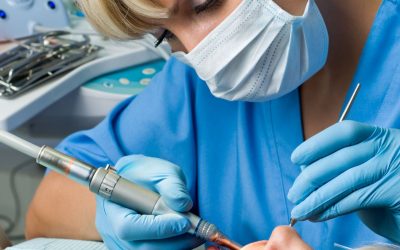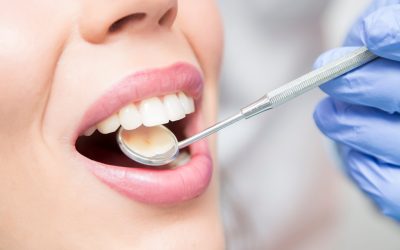Grinding your teeth, also known as bruxism, can cause a variety of problems. From headaches to prematurely aging of your teeth and much more, it’s important to have this issue treated as soon as you know you are doing it. Here are some common questions about grinding your teeth with answers from your premier dental center in Chicago.
Why would a person grind their teeth?
There are several reasons for grinding your teeth. Unfortunately, most teeth grinding goes on during the night when you are sleeping. Many people grind their teeth because they are under a lot of stress or feeling a lot of anxiety. It can also be the result of having crooked teeth or an abnormal bite. As well, some medications may cause bruxism as a side effect.
How do I know if I grind my teeth?
Most people don’t even know that they grind their teeth at night. But if you often wake up with a dull throbbing headache or a sore jaw, it could be a sign that you are a grinder. If you have a partner that sleeps with you, you can ask them to stay up a little bit longer one night to see if you grind your teeth. If that fails, simply visit your dental center in Chicago. The dental professionals there will be able to examine your mouth to look for signs of excessive grinding.
What are the dangers of teeth grinding?
For the most severe cases of bruxism, you could end up fracturing or even losing some teeth. In other cases, grinding your teeth could wear them down to the level of the gum line. Other negative results of grinding your teeth for a long period of time include jaw damage, loss of hearing and even causing slight disfigurations of your face.
What can be done about the grinding?
There are some simple remedies to grinding your teeth. The first thing you should do is visit your dental professional. They will likely fit you for a mouth guard that you should wear every night when you’re sleeping. You can wear this mouth guard until you know that the problem has gone away. Your dentist may also suggest some other options. If your bruxism is the result of stress and anxiety, they might suggest that you start doing regular exercise every day and meeting with a physical therapist. Another thing you can do to help reduce grinding is to avoid caffeinated beverages.


